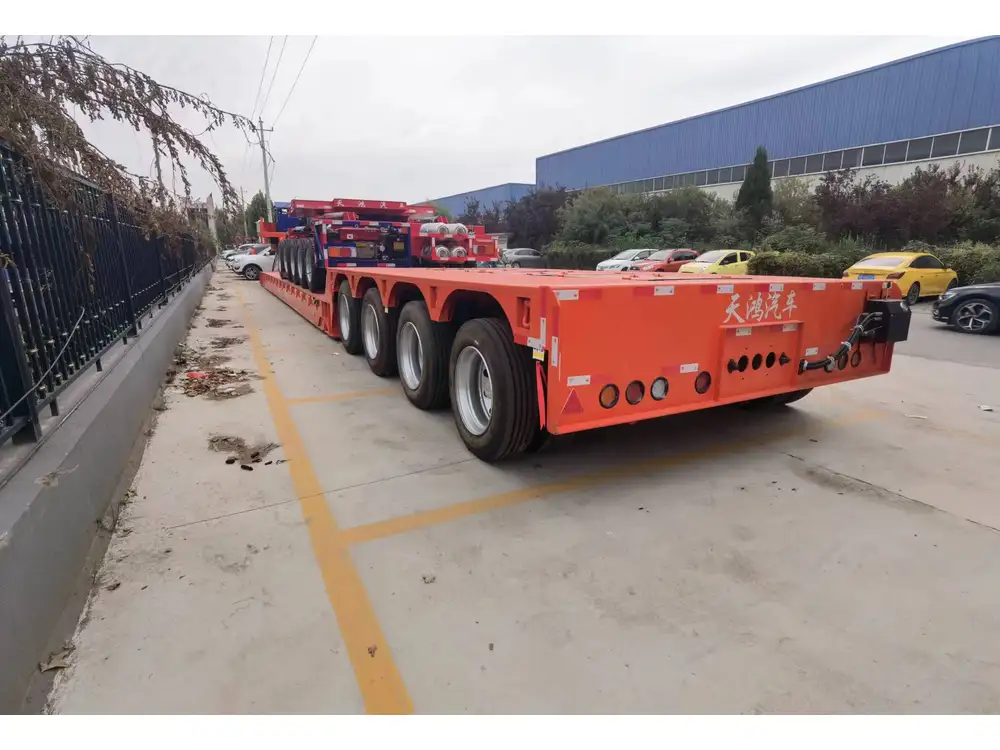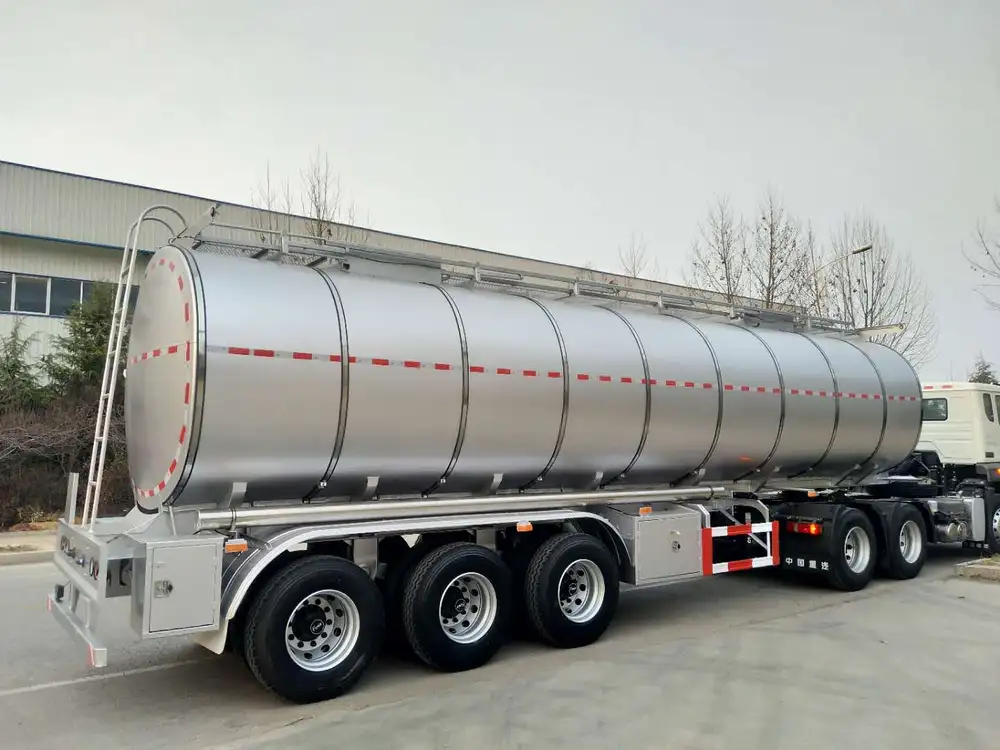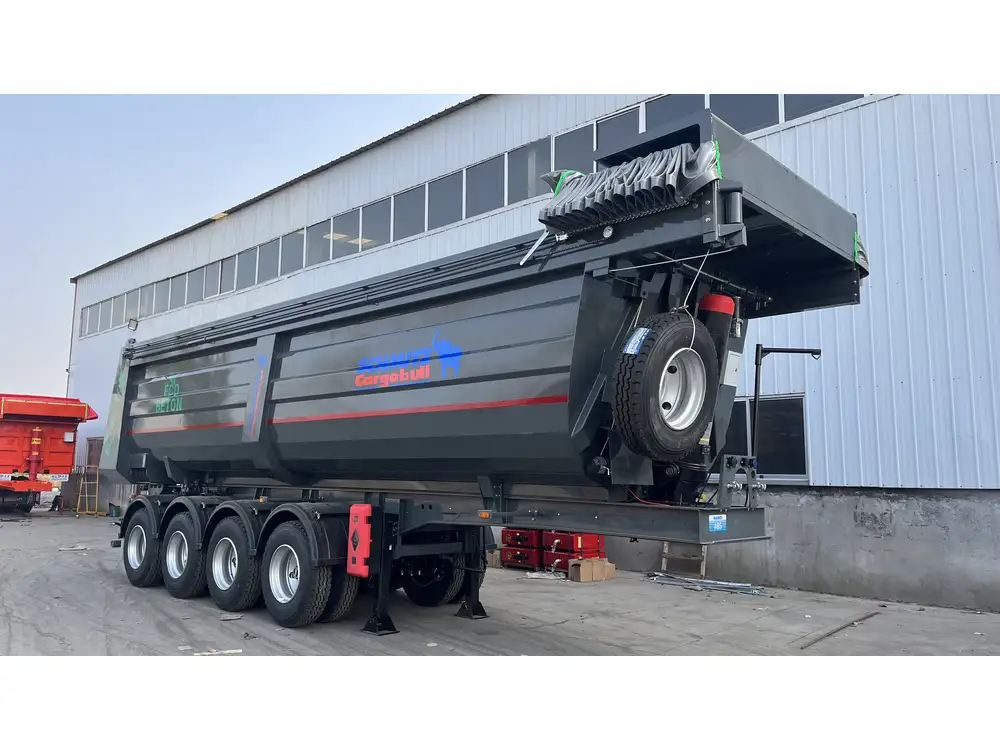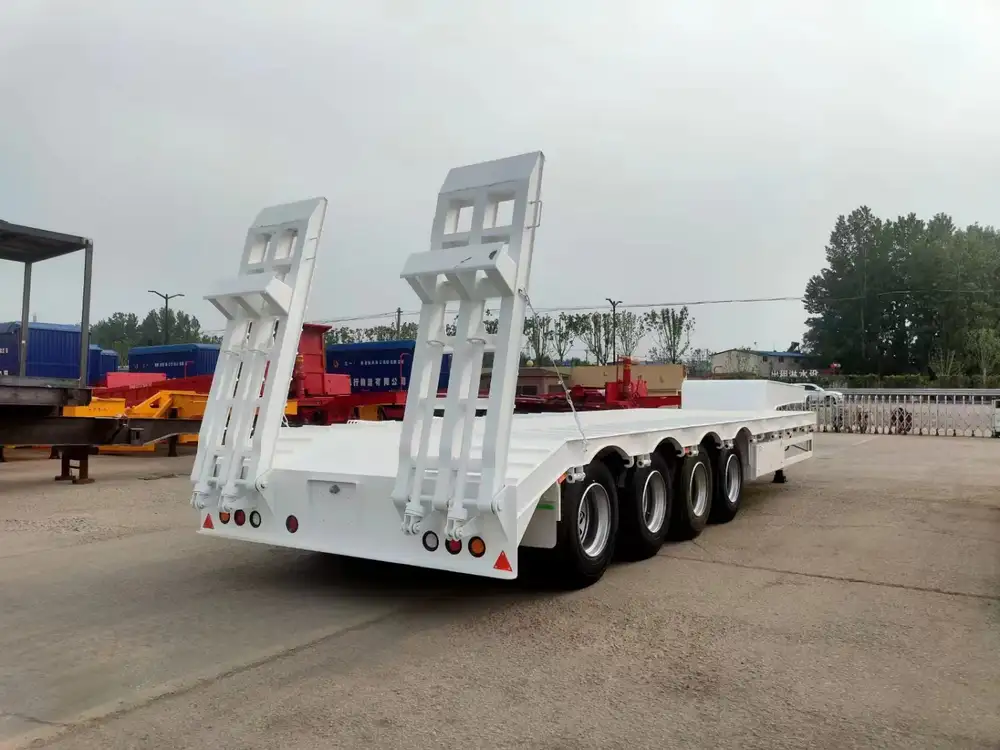Disposing of waste efficiently is a crucial responsibility for every individual and business owner. Whether you’re a contractor cleaning up after a renovation project, a business owner looking to ditch obsolete equipment, or someone managing seasonal clear-outs, knowing where to dump a trailer full of trash can save time, reduce hassle, and ensure compliance with local laws. This guide provides detailed insights into your disposal options, potential costs, and local regulations, ensuring you make informed decisions.
Table of Contents
- Understanding Waste Disposal
- Types of Waste and Their Proper Disposal Methods
- Dumping Options for Your Trailer Full of Trash
- Permits and Regulations
- Cost Considerations
- Tips for Efficient Trash Disposal
- Conclusion
Understanding Waste Disposal
Effective waste disposal methods vary considerably depending on the nature and type of waste. Furthermore, societal attitudes towards sustainability have increasingly shifted, resulting in an emphasis on recycling and responsible waste management. It’s essential to identify the specific type of waste your trailer is carrying to choose the best disposal method.

Types of Waste and Their Proper Disposal Methods
Household Hazardous Waste
This includes items like paint, solvents, cleaners, and batteries that can be harmful to the environment and human health. Local municipalities often have designated days for hazardous waste disposal, or you may need to visit a specialized facility designed to handle such materials.
Construction and Demolition Debris
Materials such as concrete, wood, metal, and drywall fall under this category. Many local landfills will accept these types of waste, but also consider recycling centers that operate specifically for construction materials. This not only reduces landfill waste but can also allow for repurposing of materials.

Yard Waste
Leaves, branches, grass clippings, and other organic waste can often be composted or taken to a local yard waste site. Many municipalities provide curbside pickup for yard waste during spring and fall seasons.
E-Waste
Electronic waste like old TVs, computers, and batteries require special handling to avoid environmental hazards. Local recycling centers or electronic retailers may run take-back programs, promoting responsible recycling.
Dumping Options for Your Trailer Full of Trash
When faced with the query “where can I dump a trailer of trash,” consider the following options depending on the type of waste and your location.

Landfills
Landfills are the most common solution for waste disposal, but not all landfills accept every type of garbage. Before attending, ensure you verify their guidelines regarding acceptable materials.
Key Points:
- Contact local landfills for their hours of operation and material restrictions.
- Expect to pay a tipping fee based on the weight or volume of waste being dumped.
Transfer Stations
These facilities process mixed waste and redirect recyclable items before sending the rest to a landfill. They may provide convenience for those not close to a landfill.

Advantages:
- Reduced travel time to landfill sites.
- Environmental benefits from recycling initiatives.
Local Dumping Sites
Many towns have designated dumping sites or recycling centers that accept household and commercial waste, often free of charge or at a reduced cost for residents.
Tips:
- Verify operating hours and any necessary proof of residence.
- Explore if there are specific days for bulk waste disposal.

Recycling Centers
Recycling centers are ideal for diverting glass, metals, plastics, and paper from the trash. They typically do not accept wastes that are not recyclable, thus ensuring that materials are properly processed.
Benefits:
- Sometimes offer cash rebates for your recyclables.
- Reduces your overall trash footprint.
Curbside Pickup
For lighter or regular household waste, you may consider scheduling a curbside pickup with local waste management services. Make sure to verify what can be collected and on what schedule.

Considerations:
- Typically covers a range of waste types but may have restrictions on larger items.
- Ensure clear communication regarding bulk pick-up times.
Permits and Regulations
Understanding the laws surrounding waste disposal in your locality is vital. Many regions may require permits for large waste disposals or specific types of waste. Check the following before proceeding:
- Local Regulations: Each city or county may have unique guidelines regarding waste that can be dumped in local landfills or transfer stations.
- Permits: Some areas require permits for dumping waste in specific locations, particularly large quantities or hazardous materials.
- Environmental Regulations: Ensure compliance with any state or federal environmental laws when disposing of hazardous waste.
Cost Considerations
Disposal costs can vary widely based on location, the type of waste, and the chosen disposal method. Below is a table outlining typical costs associated with various disposal methods:
| Disposal Method | Estimated Cost (per ton) | Additional Notes |
|---|---|---|
| Landfill | $30 – $90 | Fees vary based on material type and local rates. |
| Transfer Station | $50 – $100 | Generally includes tipping fees for mixed waste. |
| Recycling Center | Free – $20 | Some materials may yield payouts; check locally. |
| Curbside Pickup | Monthly fee (varies) | Typically included in municipal waste management fees. |
| Hazardous Waste Facility | $50 – $200 | Specialized costs for safe disposal. |

Tips for Efficient Trash Disposal
Successfully managing a trailer full of trash requires organization and early planning. Here are some practical tips to optimize your waste disposal process:
Sort Your Waste: Separate recyclables from non-recyclables. This will not only align with local regulations but may save you on disposal fees as well.
Check Local Guidelines: Refer to your municipality’s guidelines for disposal, including hours of operation for various sites.
Consider Weight Restrictions: Weight restrictions on your trailer can lead to penalties; be sure to know the limits.
Utilize Recycling Programs: Maximize the benefits of local recycling initiatives, as these may offer you discounts or rebates.
Plan for Bulk Items: Large, bulky items may require special handling; ensure you know when and where they can be dropped off or collected.
Conclusion
Knowing where to dump a trailer of trash requires a multi-faceted approach that considers the type of waste, local regulations, and potential costs associated with each disposal method. By utilizing local resources such as landfills, recycling centers, and transfer stations, you can effectively manage your waste while promoting sustainable practices.
Do thorough research, plan ahead, and leverage available services in your area to ensure the most efficient and responsible disposal of your trailer’s contents. Whether you’re dealing with household trash or construction debris, informed decisions will lead not only to successful waste management but will also contribute to a healthier environment for all.



